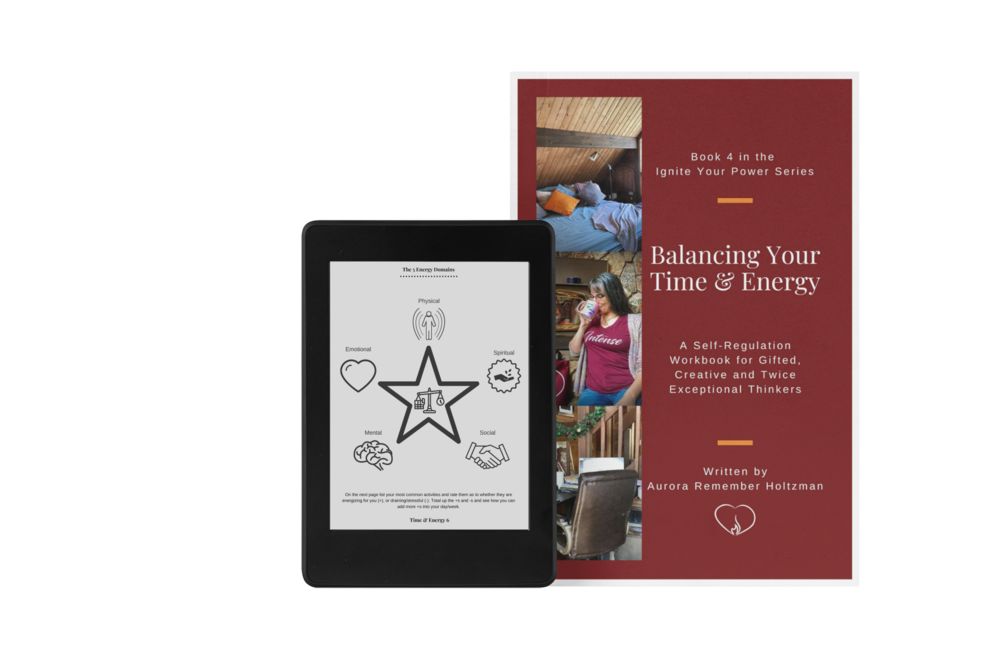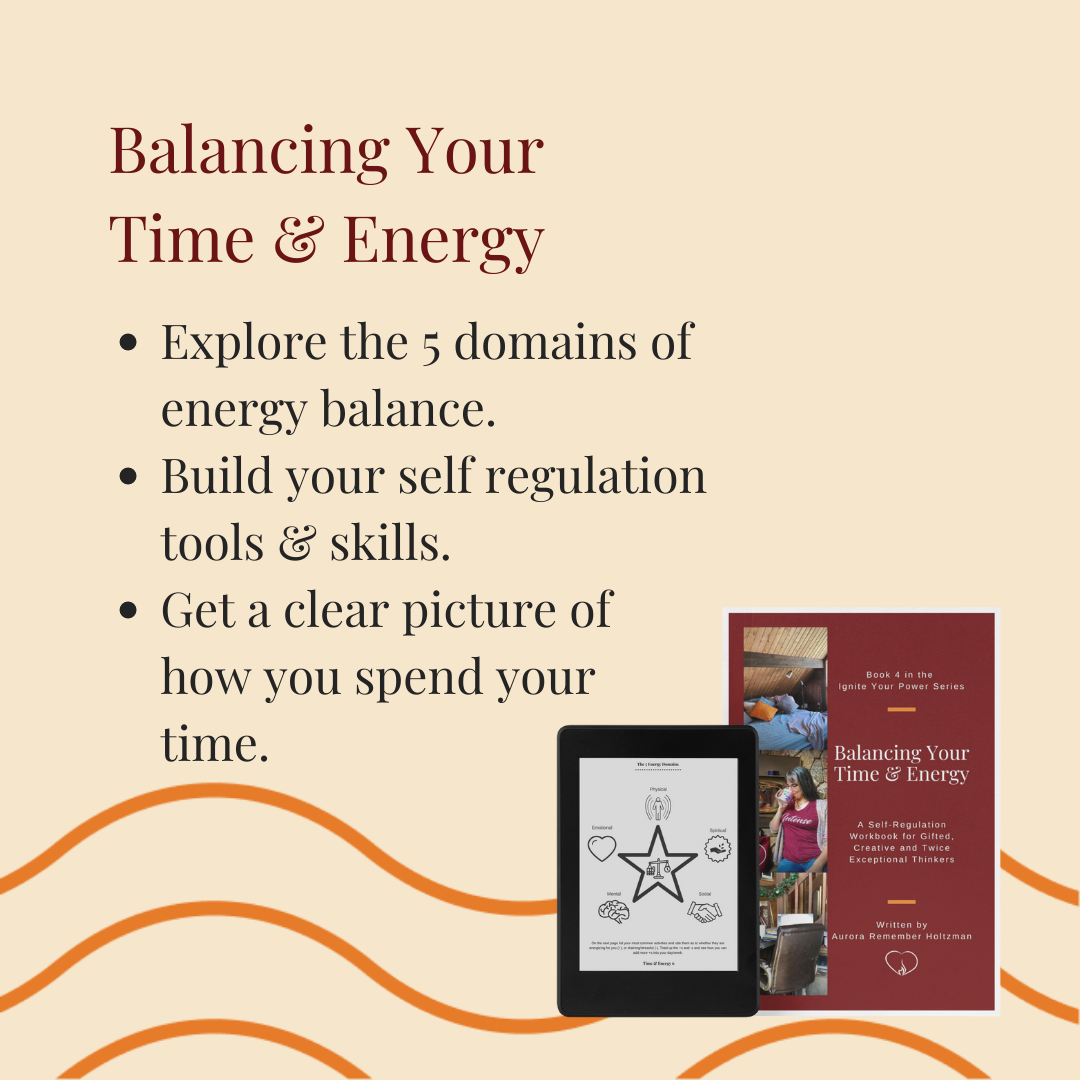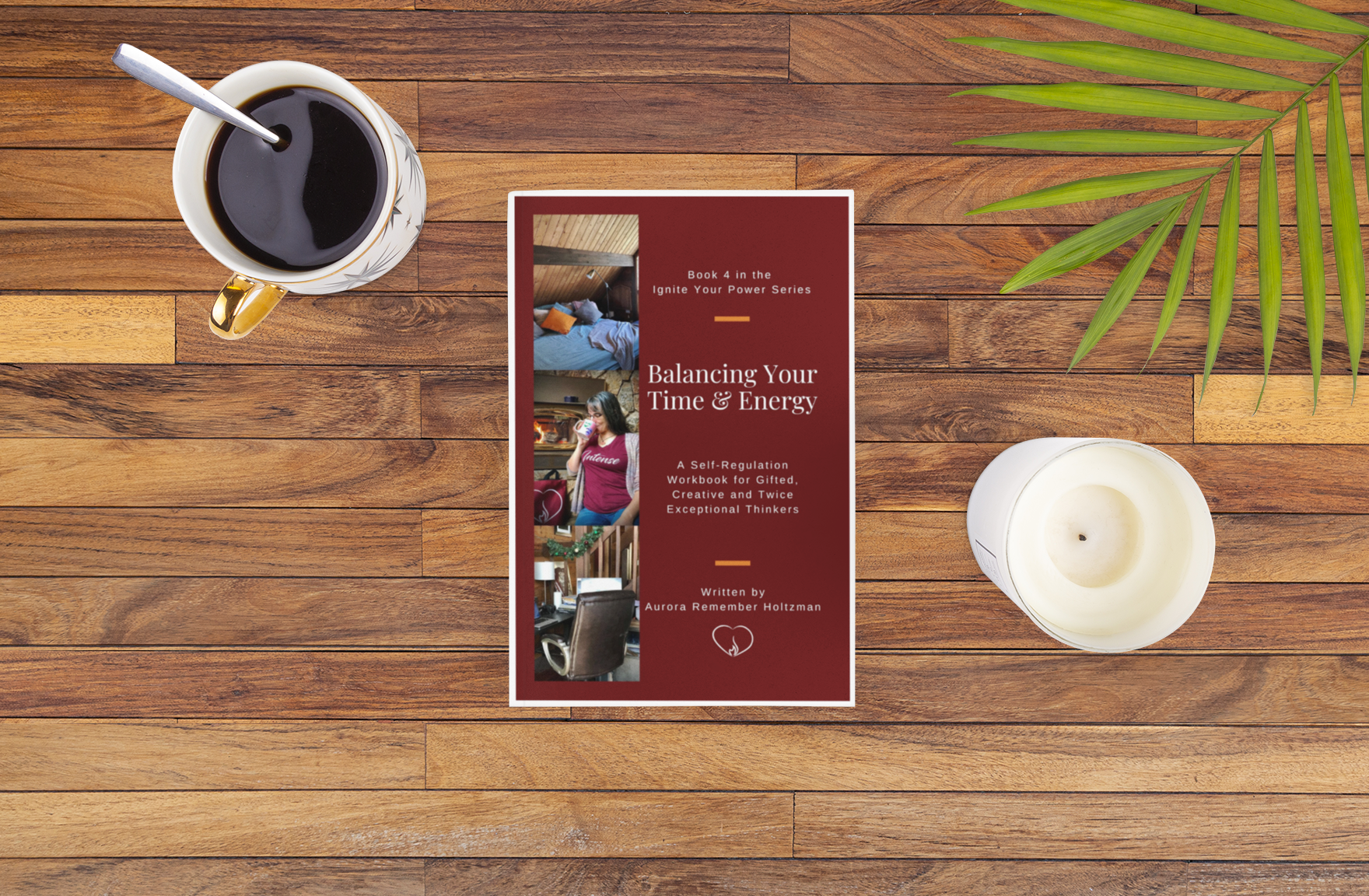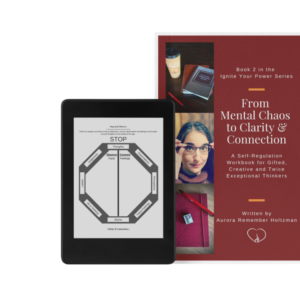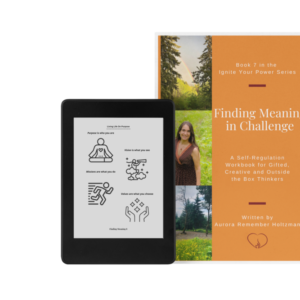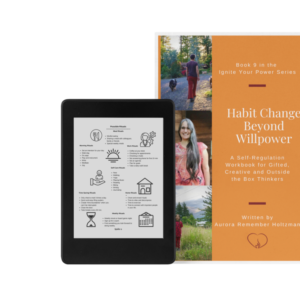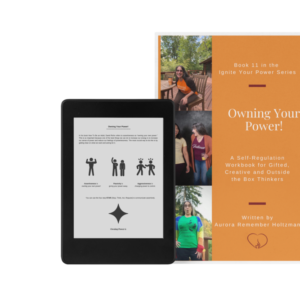Description
Details: 22 Page PDF Workbook
About Balancing Your Time & Energy
Balancing your time & energy involves examining how we spend our time. If you want to manage your energy more effectively, it’s important to make some simple changes to your daily schedule. This will help you recharge your energy levels, and will also allow you to perform more efficiently. Time management is more about managing your energy and how you spend your time. Many people intend to take more time for themselves. But they get caught up in their to-do list and important but draining tasks. Working on overdrive is not beneficial for you or anyone else. It’s important to take a break to recharge your batteries.
Understanding the 5 areas of balancing your time & energy
Maintaining an energy balance is important for our health and our performance. When our energy levels are out of balance, it can cause long term health effects. The good news is that you can change your energy balance! Start by looking closely at how you spend your free time in the 5 areas of energy balance:
Physical energy
The first thing we think of when we think of energy is physical energy. Your physical energy directly affects the quality of your other energy resources. If you’re tired from not getting enough sleep, it’s hard to focus on your work, meditate, or regulate your emotions. Your physical energy also reflects your state of mind, including your ability to focus and think critically. When addressing fatigue we often look only at the physical and try to make lifestyle changes. But lifestyle changes can be draining in other ways (i.e. mental, emotional). Before spending too much time forcing ourselves into new habits, we must find ways to spend less time on draining tasks or make them easier to sustain.
Mental Energy
Often, the best way to balance your time and energy is to learn which activities drain you most. For instance, an introvert may feel mentally exhausted after socializing with new people. An extroverted person might experience similar feelings after spending time alone. Understanding which activities drain your energy can help you pace your time accordingly and make sure you take breaks to recharge. One good thing is that some simple mental shifts can change our mental energy. When we set goals driven by our wants and desires instead of specific tasks we feel we “should” do on a given day, our valuable time can help us reach our full potential. This sense of purpose can make activities more energizing and improve our work-life balance.
Emotional Energy
Emotions are a form of sensory intelligence and provide insight into our actions and needs. It’s important to recognize that even negative emotions serve a useful purpose. For example fear helps us to protect ourselves. Being mindfully aware of these emotions will help you to become more present and aware. This is more energizing than rumination and worry. Different things can be energizing or draining for different people so it’s a good idea to explore what makes your feel emotionally energized such as a conversation with a friend, or getting enough time in nature.
Social Energy
When you are socially drained, it often means you’ve put other people’s needs first or spent time with someone who doesn’t recognize your needs. Spending quality time with friends or family members who really understand you can go a long way in filling your cup! The best thing is to find people you don’t have to explain yourself too, and with whom you can just relax and “be.” Since you can’t always chose who you interact with at work, it’s important to spend your personal time with people who energize you and respect your boundaries.
Spiritual Energy
Spiritual energy is strongest when you feel connected to yourself, others and the world around you! Things that make us feel disconnected are draining. Social media can be especially tricky because in some ways it can make us feel connected to others. But it can also make us feel more disconnected. It helps to examine how you spend the little time in your personal life and whether you leave feeling energized or drained. If you’re feeling drained, try finding ways to feel more connected to yourself, others and/or the world.
Build Your Self Regulation Skills
When you try to manage your time, you rely mostly on self-control. This means that you force yourself to do something that might, in fact, be draining. When you focus on balancing your energy instead, you shift from self-control to self-regulation. Self-Regulation involves putting the supports in place to do the things you want to do instead of forcing yourself to do the things you think you should do. Self-regulation is more sustainable than self-control because willpower is a limited resource.
Your Personal Energy Audit
A great way to Balance Your Time & Energy is to complete a personal energy audit of your daily activities and examine how they affect each of the 5 energy domains. Once you get a clear picture of how you spend your time, you can work on reducing or simplifying the things that drain you to increase you’re energy capacity and make room for the little things you find energizing!
Balancing Your Time & Energy is simpler than you think!
When you focus on balancing your time & energy, it’s easy to start thinking of all the things you should do or cut out. By understanding the 5 energy domains, supporting yourself through self-regulation strategies and examining how you spend your time, you can come up with a plan that works for you!
About the Ignite Your Power Series!
Ignite Your Power is a course and workbook series to help gifted, creative and outside the box thinkers improve their self regulation skills so they can use their fire without getting burned! The needs of twice exceptional, gifted and neurodivergent, adults often get overlooked. This leaves them pushing themselves to fit into mold that wasn’t meant for them. Ignite Your Power helps you find the strengths in your gifted and neurodivergent intensities and find ways to use your strengths and create systems to support your challenges.
You can find the whole course and other resources in our Embracing Intensity Course Membership, or access my Harnessing the Power of Your Intensity workbook and Embracing Intensity Community free!
Praise for Ignite Your Power!
Lana, “I like the STAR process because it’s an answer to “I am feeling lost, what can I do right now? Becoming aware of what my sensitivities and excitabilities are has changed the way I approach my days. I give myself more rest and plan my tasks in a way that honors who I am.”
Sarah, “I just finished reading Workbook 2 and am super excited to use the exercises with my boyfriend as we navigate moving to a new country together! Lots of excitement, lots of intensity, and plenty of superpowers!! Thank you for creating such a GREAT workbook, Aurora! I also just really like workbooks and yours are potent, well written, concise, and actually easy to WORK WITH. So, keep doing what you do!”
Anne-Louise, “I’ve read the second workbook and I found it to be very well organized and well written. It flowed beautifully (in my opinion). You did an excellent job of defining terms and concepts, making those concepts accessible and understandable, and then structuring them in actionable ways. I could also relate to the material on a personal level and felt that what is contained there is hugely beneficial to your audience/those you are seeking to help.”
Gina, “Thank you for letting me read this! There is a good amount of helpful information and activities for someone to work through this topic. I appreciated the flow and balance between reading and doing.”

